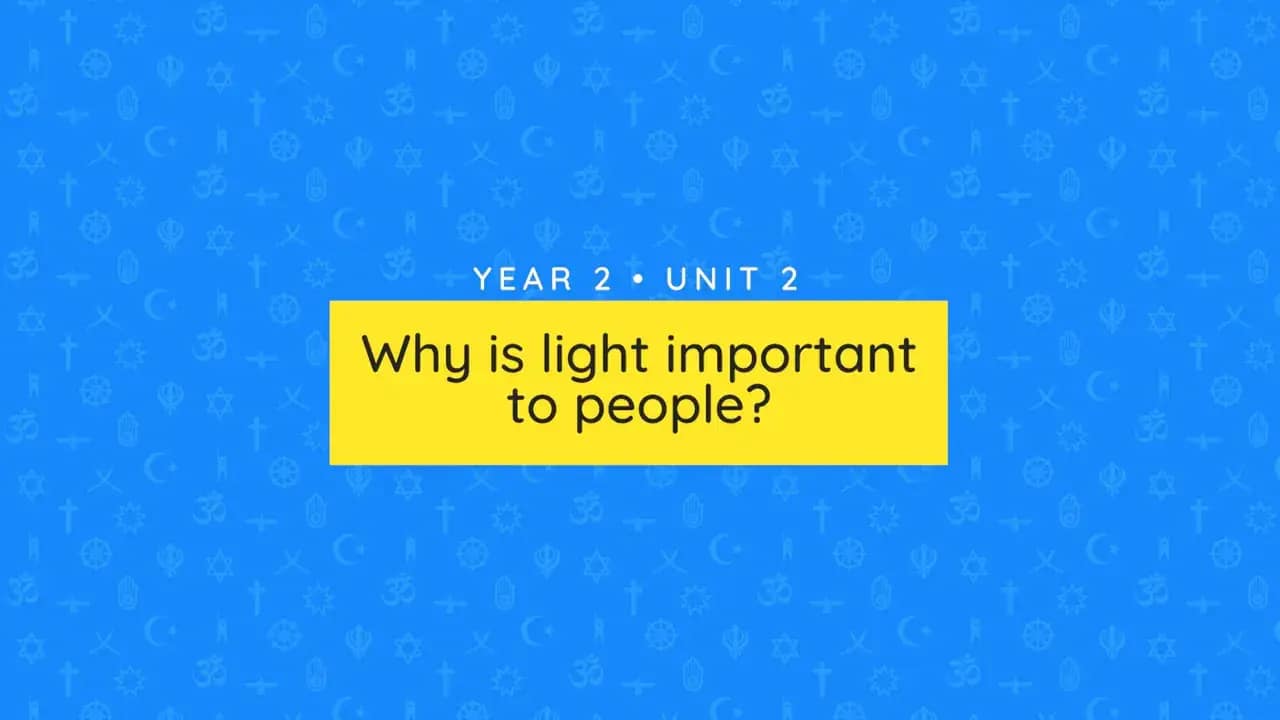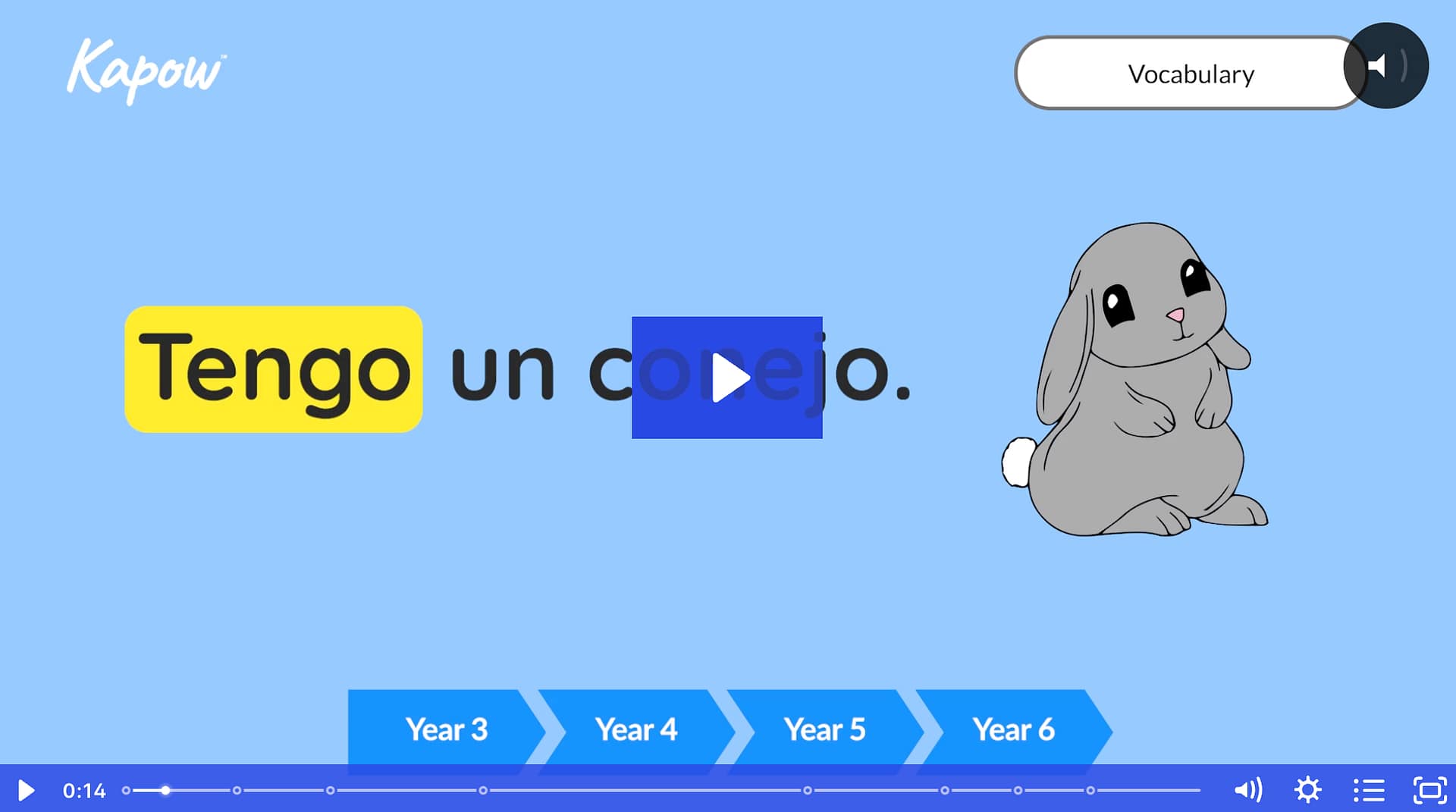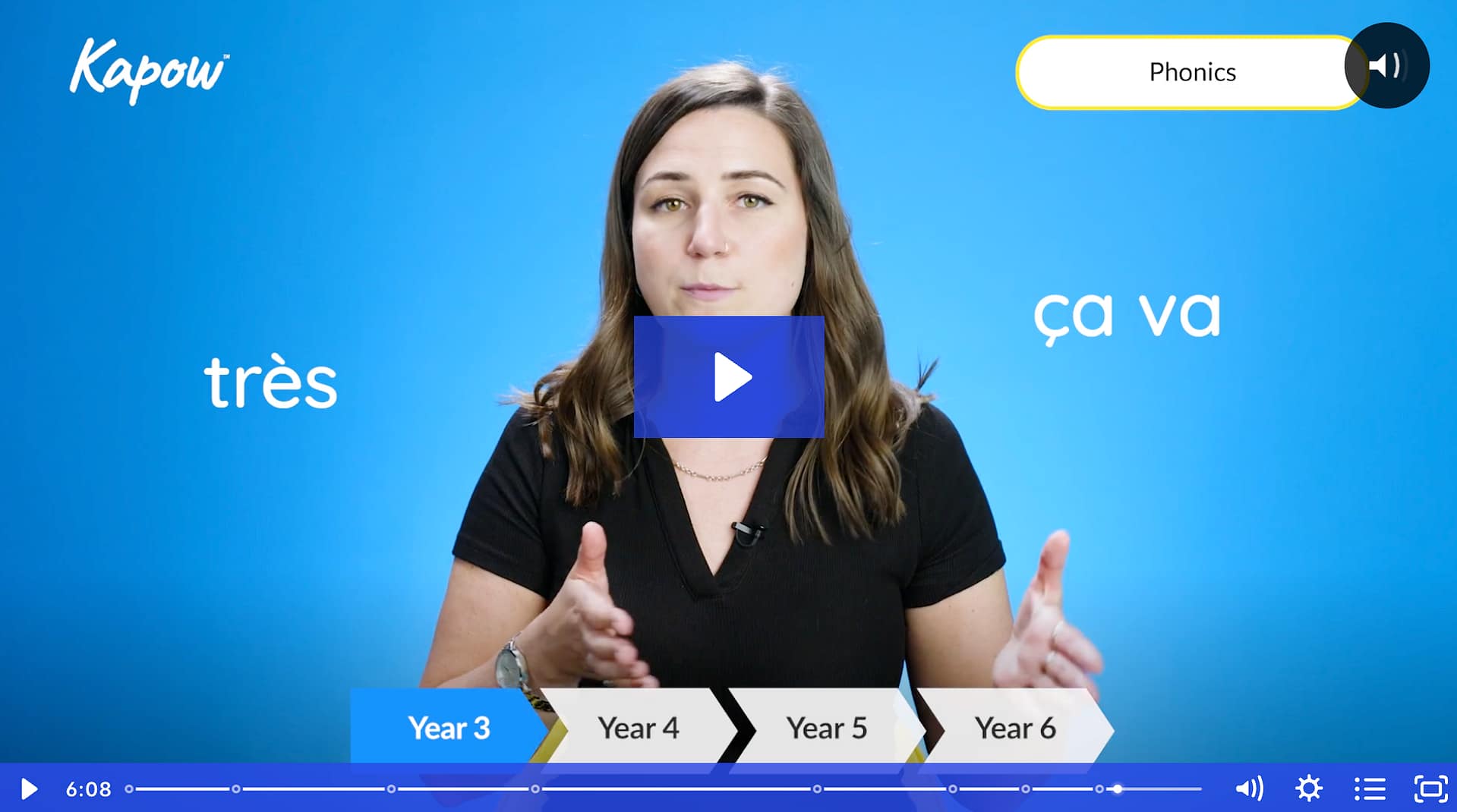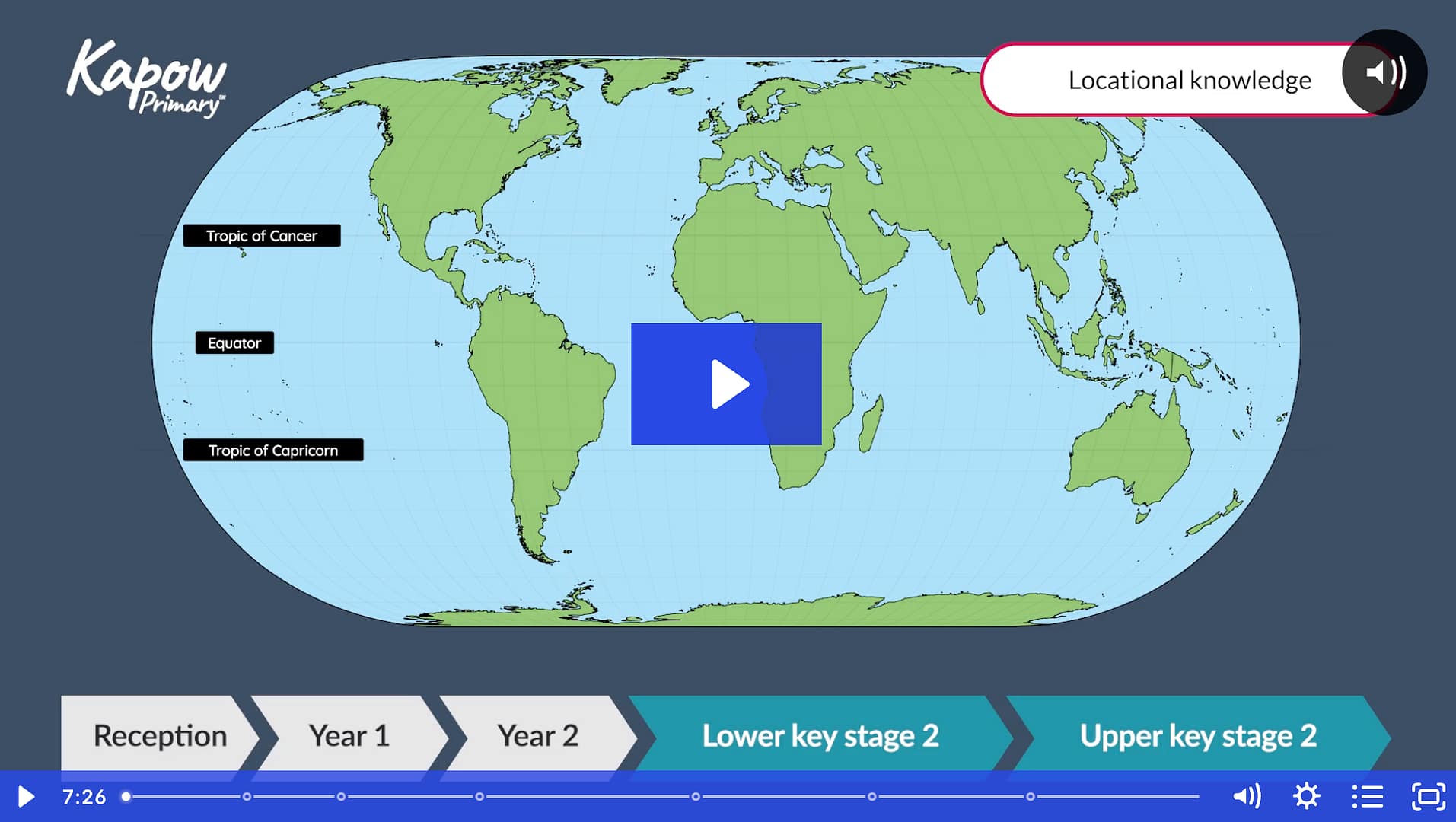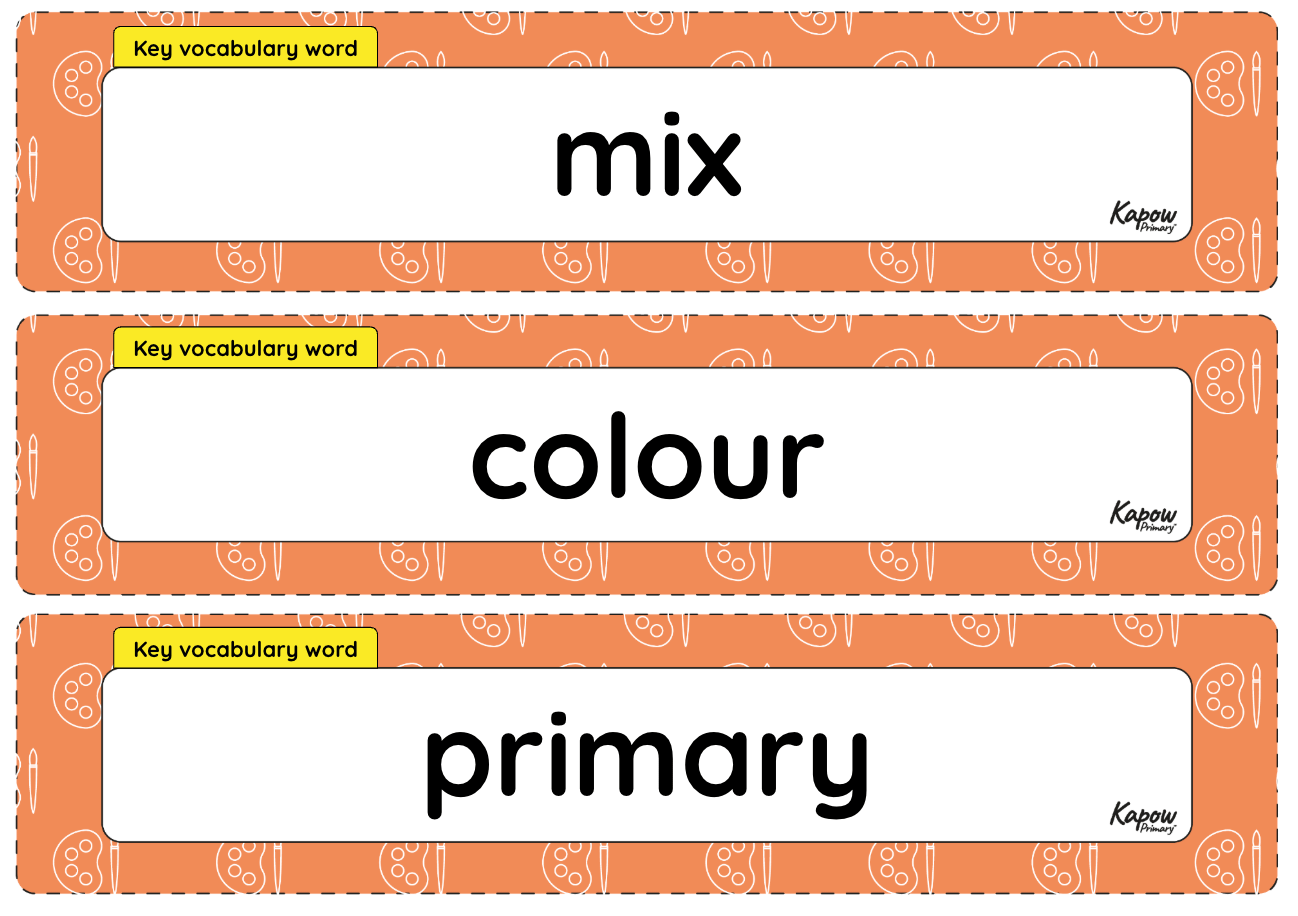year: Year 2
Unit overview: Why is light important to people?
Pupil video: Special lights
Subject leader video: What does progression look like in Kapow’s Spanish curriculum?
This video helps Spanish subject leaders gain an understanding of the Kapow Primary Spanish scheme of work, describing the knowledge and skills that pupils acquire and how they make progress during primary school.
Subject leader video: What does progression look like in Kapow’s French curriculum?
This video helps French subject leaders gain an understanding of the Kapow Primary French scheme of work, describing the knowledge and skills that pupils acquire and how they make progress during primary school.
Subject leader video: What does progression look like in Kapow’s Geography curriculum?
This video helps Geography subject leaders gain an understanding of the Kapow Primary Geography scheme of work, describing the knowledge and skills that pupils acquire and how they make progress during primary school.
Vocabulary display – Art and design: Painting: Colour mixing
This unit vocabulary display includes keywords from the unit Art and design, Year 2, Painting: Colour mixing and additional unit-specific words that may be helpful in a display.


